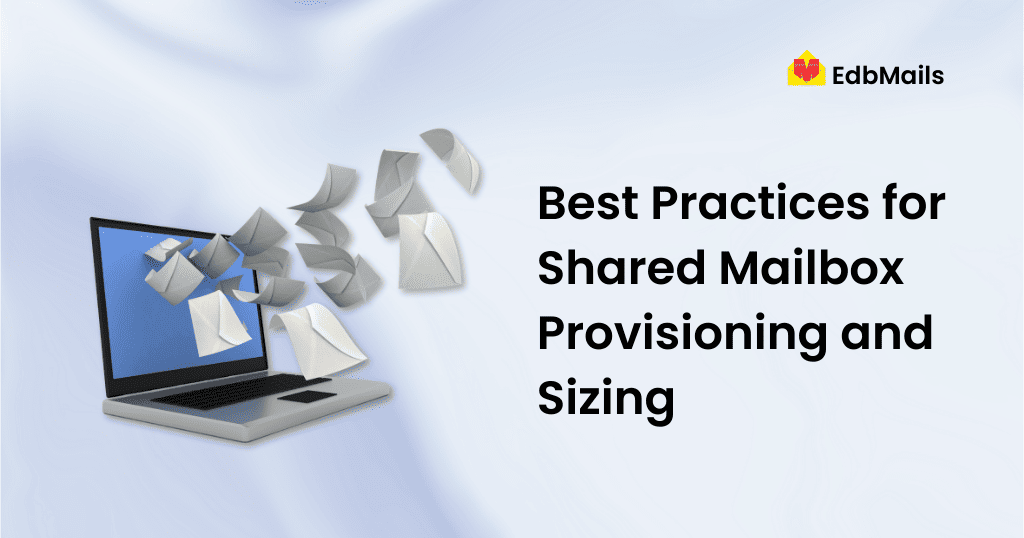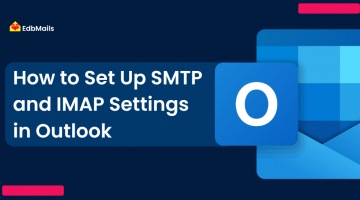
All this time, for everyone Microsoft had been creating 100GB size mailboxes for both new shared and resource mailboxes as default size even when there was no license assigned. Starting this July end of 2018, they are going to fix this behavior and also will be updating the previously made mailboxes with higher size than the documented size.
So, if you need more than 50GB for shared mailbox then Exchange Online Plan 2 license needs to be assigned to the mailbox. The things to consider with these changes are:
- When the change of correcting shared mailbox size to 50GB goes live, what happens to unlicensed shared mailboxes with default size of 100GB?
They could revert to 50GB under certain situations, read below to understand these scenarios. - Under what circumstance currently unlicensed shared mailbox 100GB size will change?
Any change to license of a mailbox will apply corrected default size. The only way to regain 100GB would be to use an appropriate license of 100GB mailbox size. - I currently have an unlicensed 100GB shared mailbox with 80GB of data and I need archiving for it. What will happen if I assign the Exchange Online Archiving license?
If there is any change to license of existing mailbox, then it will be reduced to corrected size according to license change. So, even assigning the Archiving license only to a currently unlicensed shared mailbox will change the mailbox quota to 50GB. Exchange Online Plan 2 license (or equivalent) should be applied before archiving the data. - After this change is made, if i want to convert an 80GB user mailbox to a shared mailbox. What will be result?
When a convert move is initiated on mailbox, existing license will not be changed, and shared mailbox can send/receive emails. If the license is removed, then mailbox quota will become 50GB and send/receive email functionality won’t work as the data is already exceeding 50GB limit. So, keeping the license on shared mailbox makes sure there are no interruptions in work flow. - What happens if a user mailbox that is under 50GB in size is converted to a shared mailbox?
The license attached to mailbox will not change. Under 50GB size shared mailbox don’t need a license to send/receive email. So, you can remove license and only add appropriate license when it goes over 50GB. - A shared mailbox size is reaching 50GB limit. How to increase size?
Adding a license of Exchange Online Plan 2 will increase size automatically within 15 minutes. - Why after converting a 50GB unlicensed shared mailbox to user mailbox it is unlicensed?
If you convert an unlicensed mailbox from shared to user mailbox, the converted user mailbox won’t have a license because shared mailbox did not have a license. So, you have to attach mailbox to an account by assigning a license to it. The size will be set as per the license assigned. For example, Let’s say you assigned a license that sets the user mailbox 100Gb, the mailbox size will be increased to 100GB. Also, to note, if there is no license attached within 30 days to an ‘unattached’ mailbox, it will be deleted. - How to migrate a shared mailbox on-premises to Exchange Online?
If the on-premises mailbox size is higher than 50GB, then Exchange Online shared mailbox needs to have Exchange Online Plan 2 license before migration is started. Otherwise it will throw an error of exceeding size limit. - How to check the actual size of shared mailboxes?
This can be done via using a script available online. The mailboxes size that are soft deleted won’t be visible with this method. Also, you may get an error if you have not logged into shared mailbox yet and you can ignore the error as it won’t affect the result. Script link https://gallery.technet.microsoft.com/office/Get-Office-365-Shared-5fb5de24



